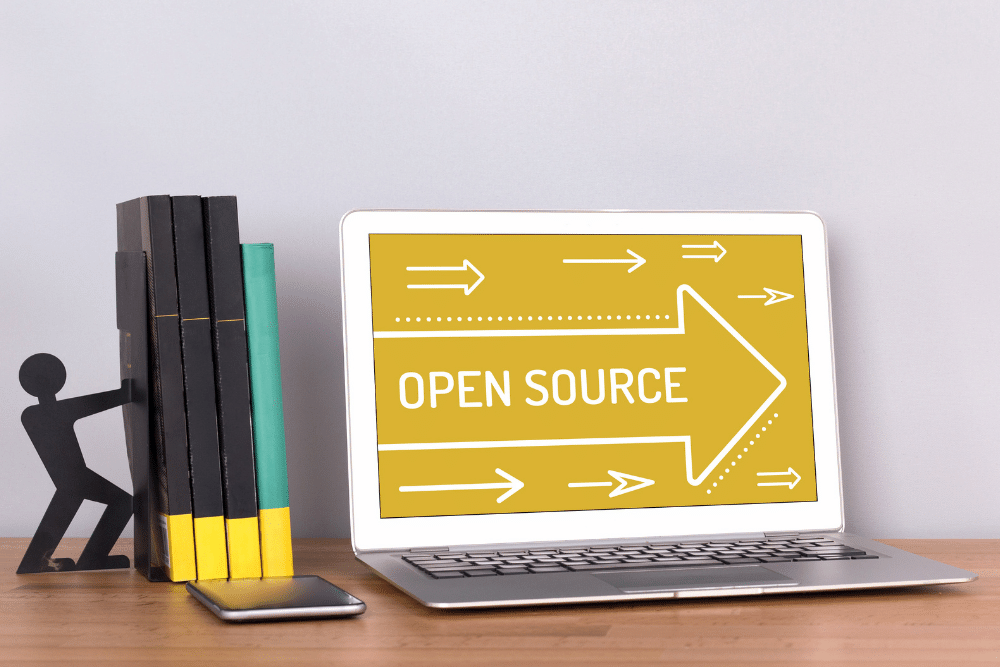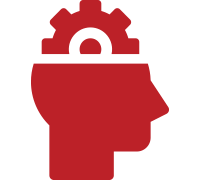What’s Holding Us Back From Being ‘Open’? Why OS and business resilience go hand in hand.
“[Open Source Software] is a great babbling bazaar of differing agendas and approaches out of which a coherent and stable system could seemingly emerge only by a succession of miracles”.
Eric S Raymond (Source)
Collaboration and Innovation are some of the most common ‘core values’ claimed by companies. But it’s one thing to claim a value and it’s another (and a much more challenging one) to embed it into your systems, processes and behaviours. Creative problem solving, continuous learning, improvement and innovation, all require open minds and collaborative practices – something we actively promote at Catalyst, both internally and among the wider Open Source community we are a part of. This includes our employees, our global partner network and of course our clients.
While most of us like the idea of “ownership” – seeing ourselves as the creators, the founders and the ‘home of’, with ownership comes accountability. We become responsible for the ongoing improvement of the product or service we produce; and that often comes at a cost which won’t necessarily produce the results we need for our long term success.
The Software Debate.
The Open Source vs Proprietary software debate has existed for as long as we can remember and ‘cost of ownership’ is one of the key benchmarks in the battle.
Security, support (maintenance) and customisation are the other three.
What we see not considered enough, however, are these additional factors: quality, flexibility and resilience.
Like with innovation, those three are at least partly enabled by collaboration. And unlike everything else, quality, flexibility and resilience are key to sustainable business practices and your bottom line.
What’s holding us back from being ‘open’?
The confusing stuff:
- Licensing
- Security vulnerabilities
- OS partnerships
- Tracking metrics
- Support and communications between contributors
- Distribution
As well as everything else that we feel we don’t fully understand aka the fear of the unknown.
You are not alone!
The best thing about being part of the OS community is you are never alone in answering questions on all of the above and finding the best possible solutions to your problems.
An experienced OS partner can advise you on choosing the right licence, tracking metrics, automated patching options and help you make well-informed, better decisions.
Now let’s get back to quality, flexibility and resilience.
OS Code (Software) Quality
Two things to consider when it comes to your software code quality and ongoing improvements, be it your core code or a plugin.
- The more people/entities use your product in diverse ways, the better – more limitations will be addressed, more bugs will be fixed and more opportunities for improvements will be found. You will never be able to achieve the same scale of ongoing improvement alone.
- People care more about what they share with the public – whether you’re preparing a public speech, dinner for friends or writing code, you’re more likely to go the extra mile, ensure your code is neat and your documentation is up to scratch before you release it for others to ‘consume’.
A great example from our work would be the SAML2 Single Sign-on Plugin which our valued client, La Trobe University had invested in. Choosing to open source this plugin provided to be of great benefit as many others have stepped in to work with it and to enhance it along the way. This gave way to numerous bug fixes, performance improvements and new features, which otherwise would not have been implemented, all at a fraction of the cost.
This plug in is now used by 2,671 sites and is acknowledged for being fast, simple and secure.
In short, the more people who contribute to the ongoing quality improvement of your product, the more it will be wanted, loved and trusted. And trust us, the feeling will be mutual.
OS Code (Software) Flexibility
If you agree that collaboration fosters innovation, then we don’t have much to add when it comes to open source software and flexibility. The more talent in the OS community (including developers, contributors and users) that know and experiment with your code, the more flexible you can be when it comes to who you work with and how.
Whether you have a development team in-house or work with third party service providers, you will have a much greater pool of talent to choose from. Any change will become less of a headache and you will benefit from the economies of scale.
OS Code (Software) Resilience
In part, all of the reasons behind Quality and Flexibility mentioned above, apply when it comes to resilience of the open source software.
First and foremost, open sourcing your software is a catalyst for longevity, recognition and trust. As more technical experts from diverse backgrounds will work with your product, it will benefit from cost-effective innovation, ongoing improvements, diversity of applications and integrations.
As a result, you will enjoy a reliable source of sustainability for your business (from financial, marketing, management and operational perspectives) or, as Raymond put it, “a coherent and stable system.” And this means resilience.
“Open Source is not just what we do, it’s what we stand for.”
Andrew Boag, CEO – Catalyst Australia
While most of us like the idea of “ownership”, the cost of being wholly responsible for software doesn’t always produce a quality result.
Contact our team today to discuss your business software development and support needs.
Call +61 1800 595 252

